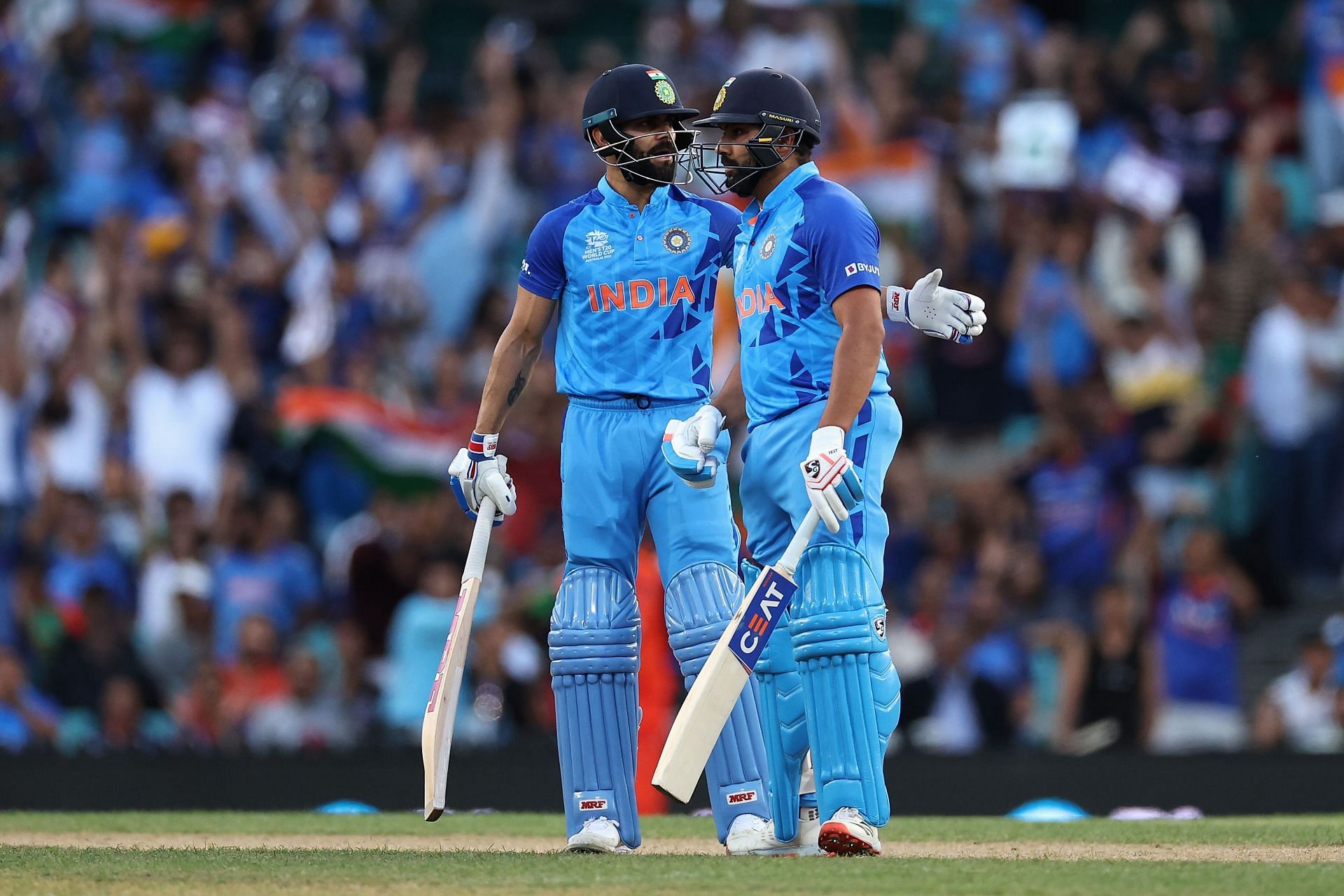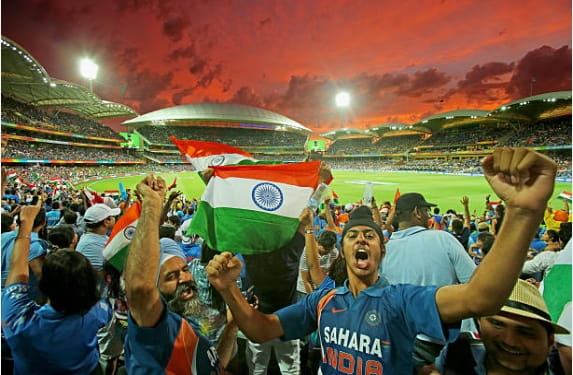Cricket, often dubbed the “gentleman’s game,” has seen an evolution in its fan culture over the years. While passionate support for teams and players is nothing new, the emergence of fan clubs in the digital age has introduced a darker side to cricket fandom. Former players reminisce about a time when the sport was solely about skill and performance, devoid of the external pressures exerted by fan clubs and social media.

Subscribe to our official youtube
Transition of fan clubs in cricket
Every era in cricket has undergone its own transition, marked by changes in playing styles, rules, and technology. However, amidst the nostalgia for the past, there is a realization that the modern game is marred by the influence of fan clubs and the echo chambers of social media. As one former player aptly pointed out, the earlier generation understood the significance of limited opportunities. In an era with fewer matches to prove one’s worth, the focus was solely on skill and performance.
The absence of fan clubs and social media in the past meant that players were solely dependent on their abilities on the field. There were no external narratives or pressures to contend with. If a player failed to perform, there were no safety nets of unwavering fan support or media sympathy to fall back on. It was a stark contrast to the current scenario, where players find themselves under constant scrutiny and pressure from fan clubs and social media platforms.

The rise of fan clubs has created an atmosphere where players are subjected to undue criticism and scrutiny. These fan clubs often amplify the slightest shortcomings of players, magnifying them into major issues. Instead of constructive criticism, there is often a barrage of negativity aimed at players who fail to meet the unrealistic expectations set by their fan clubs. This toxic environment not only affects the mental well-being of players but also hampers their performance on the field.
Moreover, fan clubs contribute to the creation of false narratives surrounding players, perpetuating myths and misconceptions that are detrimental to the sport. Players who may be going through a rough patch are unfairly labeled as ‘underperformers’ or ‘overrated,’ without considering the myriad factors that may be affecting their game. This relentless scrutiny takes a toll on the confidence and morale of players, making it harder for them to bounce back from setbacks.

In the absence of fan clubs and social media, players were solely judged based on their performances on the field. There was no room for external influences to sway opinions or shape narratives. However, the advent of technology and the proliferation of social media platforms have blurred the lines between constructive criticism and unwarranted negativity.
As cricket continues to evolve, it’s essential to acknowledge the detrimental impact of fan clubs on the sport. While passionate support is integral to the cricket fandom, it should not come at the cost of players’ mental well-being and performance. It’s time to unmask the dark side of the cricket fandom and foster a culture of support and encouragement that uplifts players rather than tears them down. After all, cricket is a game that should be celebrated for its skill, sportsmanship, and camaraderie, not marred by the toxicity of fan clubs and social media.

